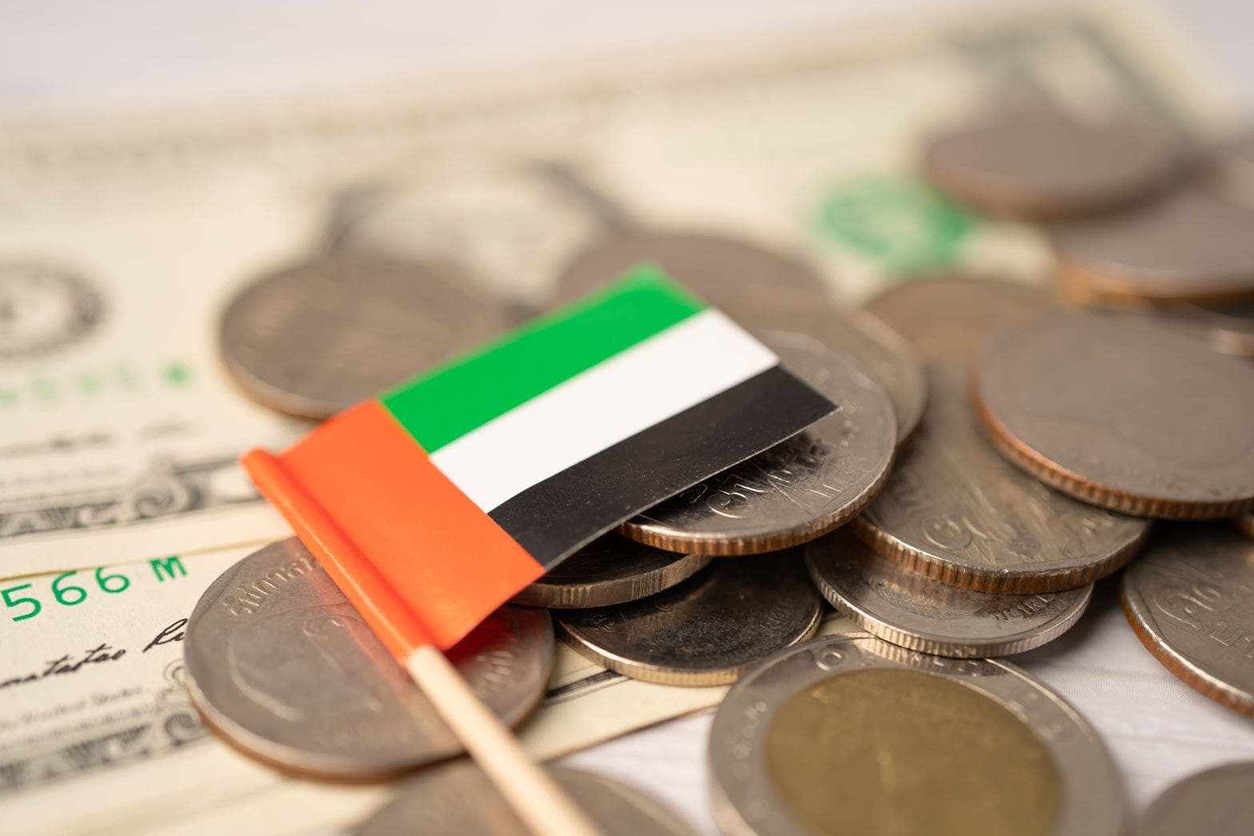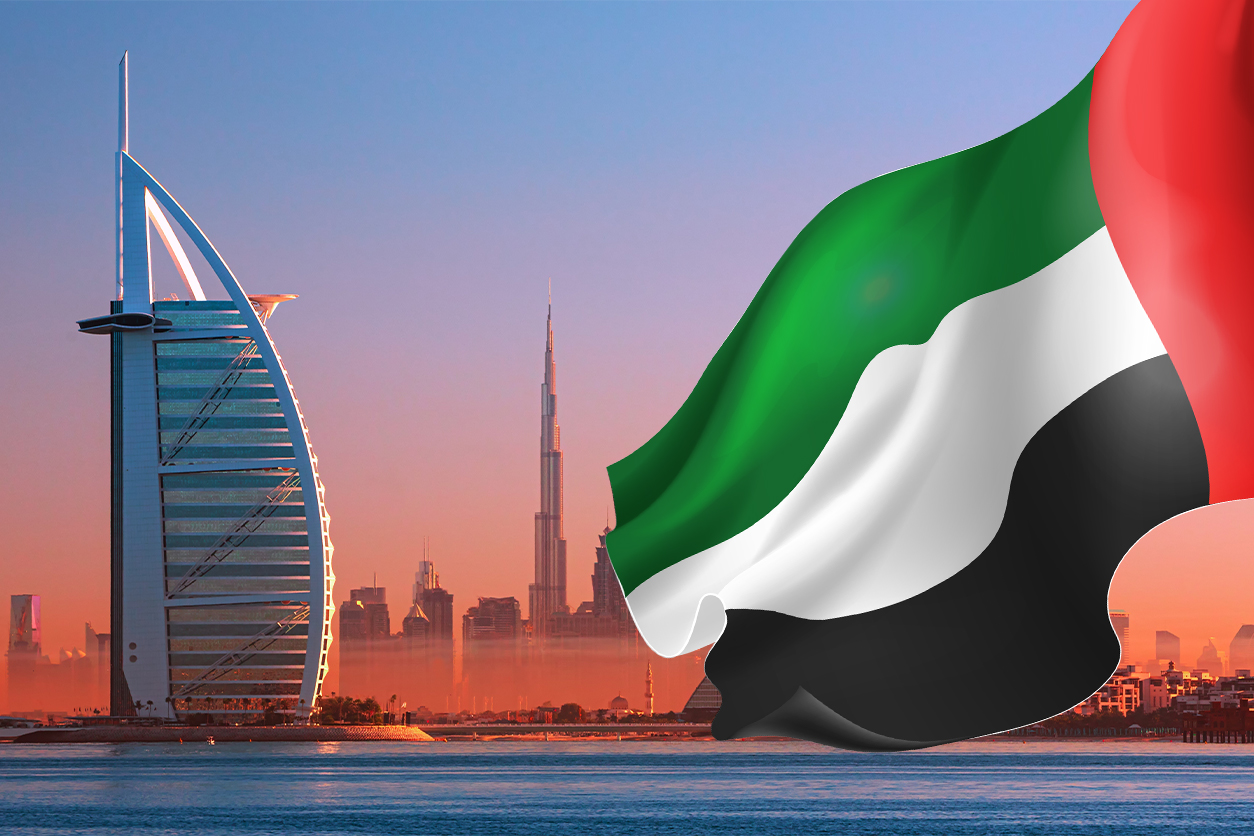Introduction
Setting up a company in the UAE is an attractive option for both local and international entrepreneurs due to its strategic location, business-friendly environment, and tax benefits. However, selecting the right business structure is vital. The UAE offers three main types of company formation: Mainland, Free Zone, and Offshore. Each comes with distinct advantages and requirements.
Mainland Companies
Mainland companies are licensed by the Department of Economic Development (DED) of each Emirate. These companies can operate freely within the UAE and are eligible to work with government entities.
- Advantages– Full access to the UAE market, ability to bid for government contracts, flxible office locations.
- Ownership– As per recent reforms, most activities allow 100% foreign ownership.
Free Zone Companies
Free Zones are designated areas offering tax incentives, simplified start-up processes, and full foreign ownership.
- Advantages– 100% ownership, no import/export duties within the Free Zone, streamlined registration process.
- Limitations– Restricted to operating within the Free Zone or internationally unless a local distributor is appointed.
Offshore Companies
Offshore companies are non-resident businesses primarily used for asset protection and international trading.
- Advantages– Tax efficiency, confidentiality, easy registration.
- Limitations– Cannot conduct business within the UAE.
Legal Considerations
Each business structure has unique legal requirements regarding visas, licensing, banking, and taxation. Choosing the appropriate structure depends on your business goals, target market, and industry.
Conclusion
Choosing the right form of company setup in the UAE requires careful consideration of your long-term business objectives. Engaging a legal professional ensures your company is structured for compliance, success, and growth.




